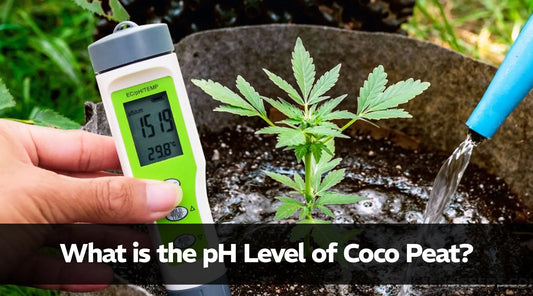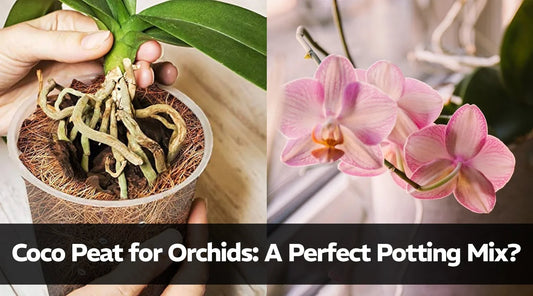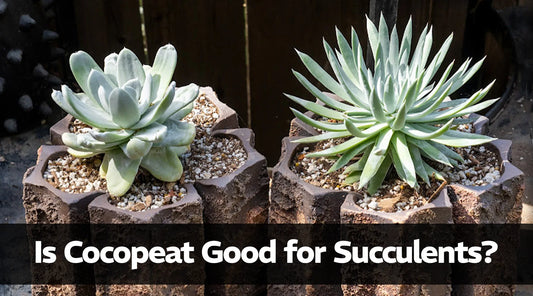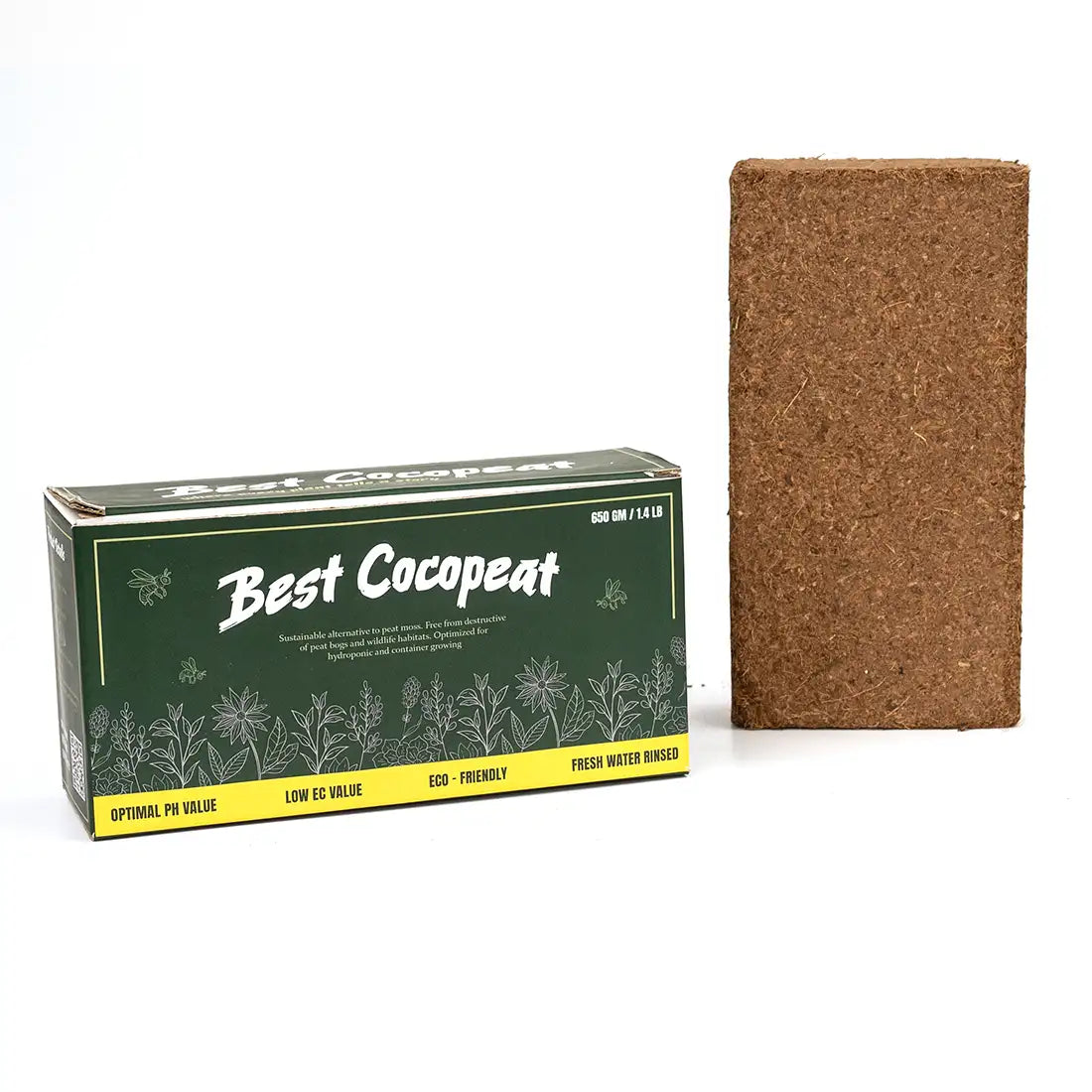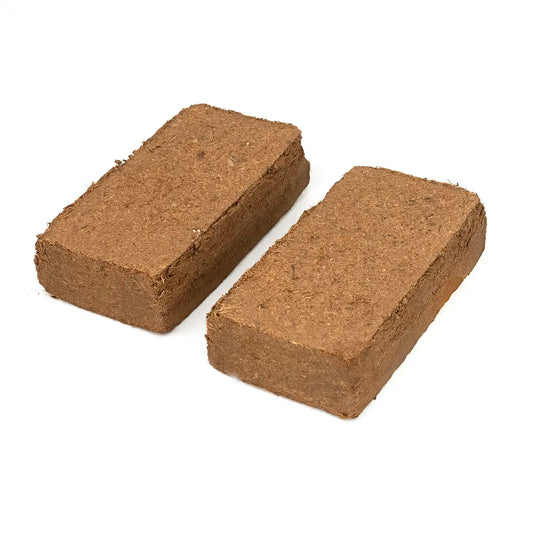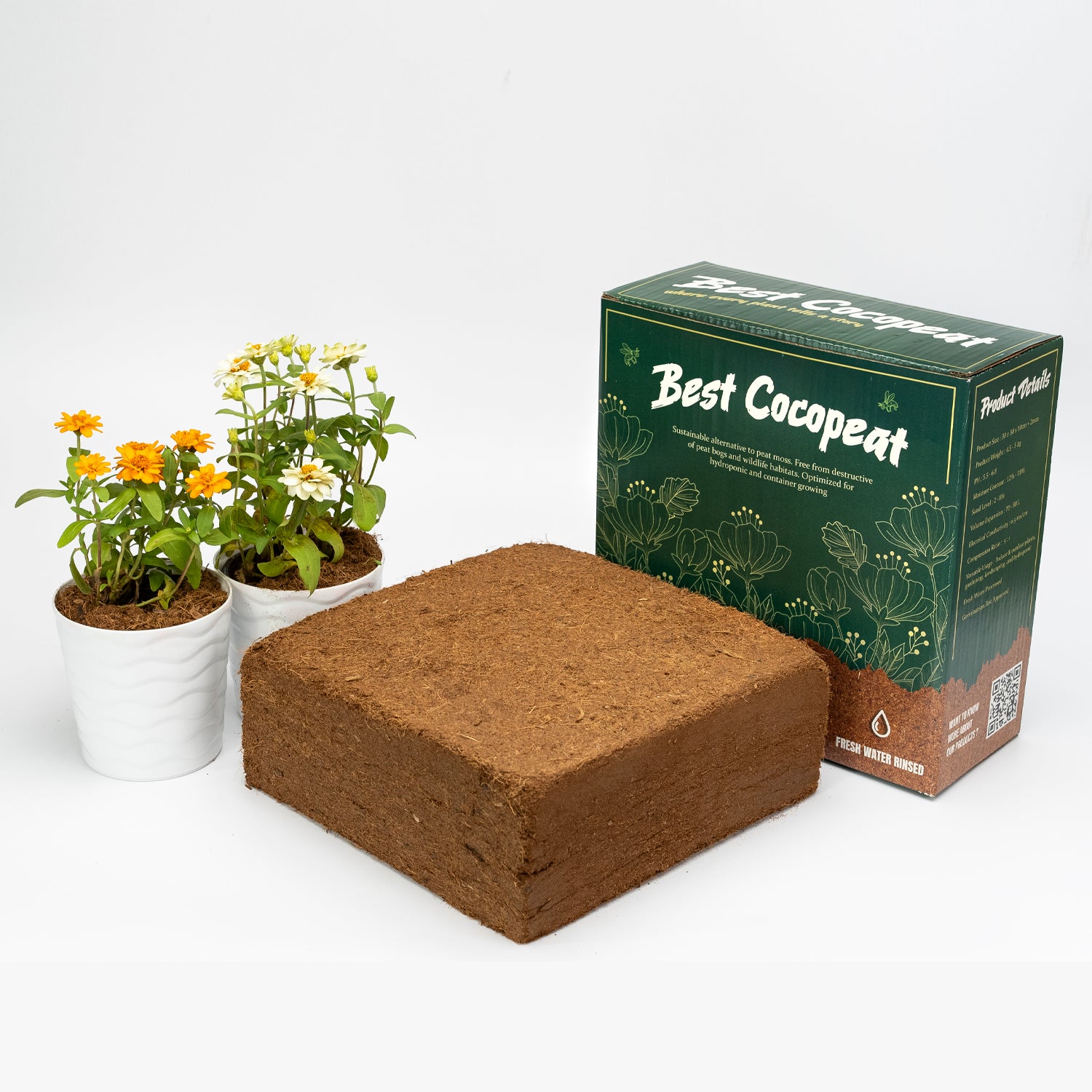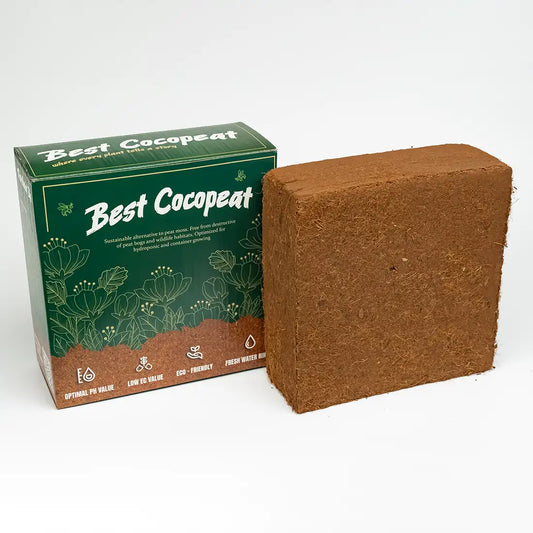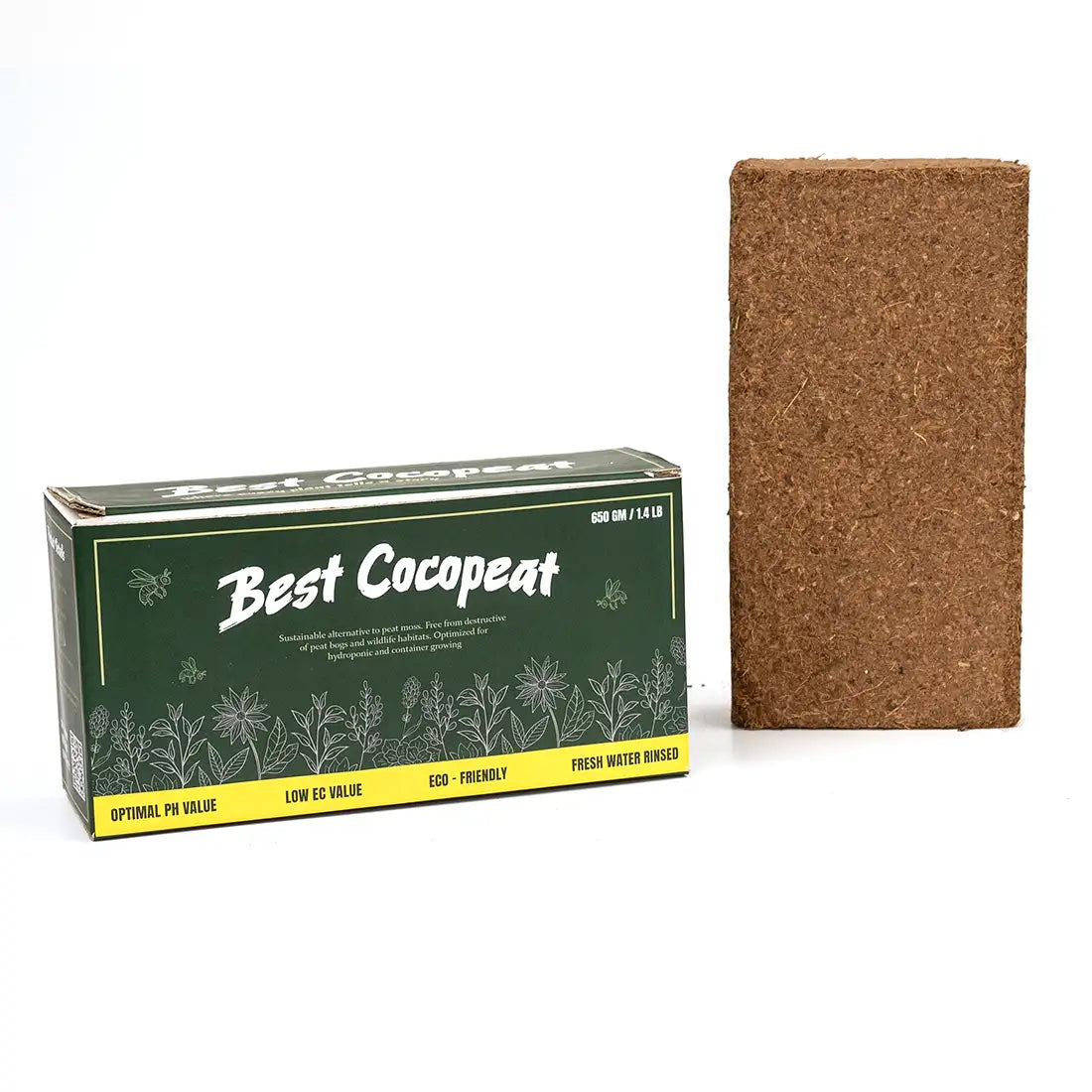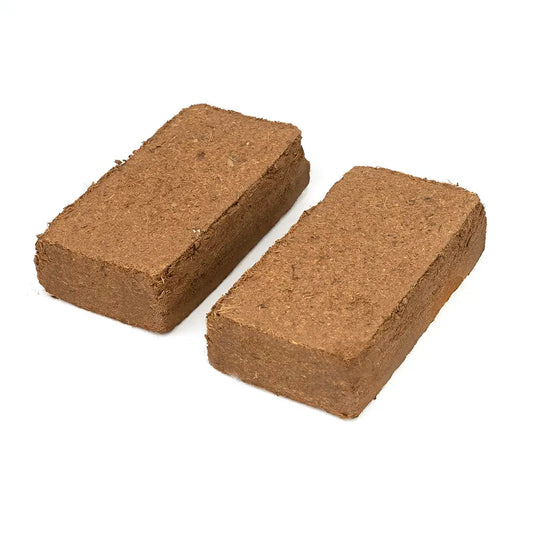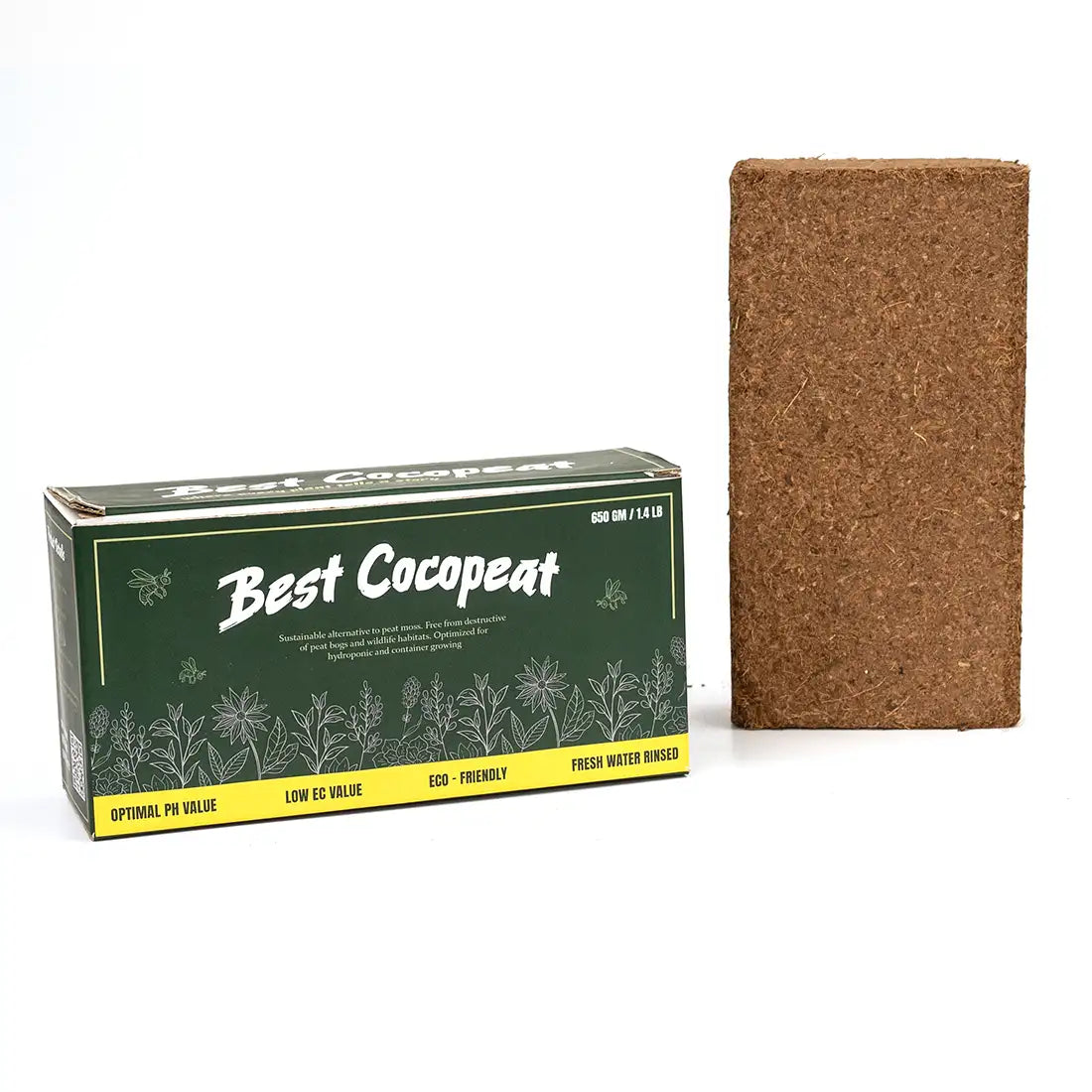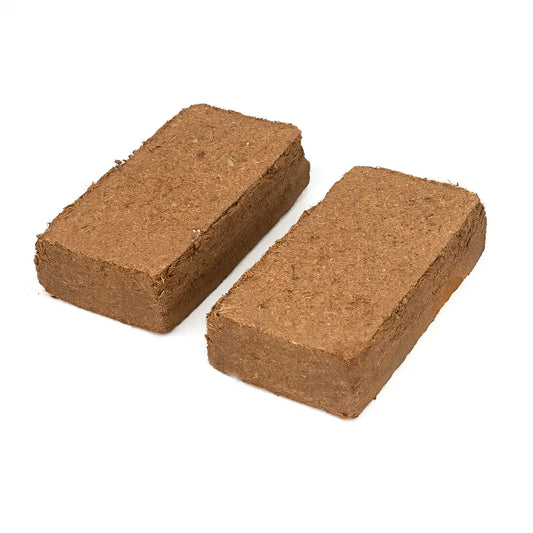1. How to Prepare Cocopeat for Use
- Step-by-step guide on rehydrating dry cocopeat blocks.
- Soaking cocopeat in water.
- Fluffing and loosening the material.
- Tips on how much water to use and how to store leftover cocopeat.
2. Using Cocopeat in Different Gardening Applications
- As a Potting Mix: Mixing cocopeat with compost and other elements for container gardening.
- In Seed Germination: Benefits of using cocopeat for starting seeds.
- For Hydroponics: How cocopeat works in a soilless setup.
- In Soil Amendment: Improving soil texture and moisture retention by adding cocopeat to existing soil.
3. Best Practices for Using Cocopeat in the Garden
- Mixing Ratios: How to combine cocopeat with other materials like perlite, vermiculite, or compost.
- Watering Techniques: Adjusting watering frequency when using cocopeat.
- Fertilization: Recommendations for adding fertilizers since cocopeat doesn’t contain nutrients.
4. Common Mistakes to Avoid
- Overwatering when using cocopeat.
- Not rehydrating cocopeat properly.
- Using cocopeat without supplementing nutrients.
FAQs
-
Can cocopeat be reused?
Yes, cocopeat can be reused, but it’s a good idea to refresh it by adding compost or nutrients before using it again. -
Does cocopeat attract pests?
No, cocopeat is naturally pest-resistant and doesn’t attract bugs like soil sometimes can. -
How long does cocopeat last?
Cocopeat can last up to 4-5 years if stored properly. -
Is cocopeat suitable for all plants?
Cocopeat works well for most plants, but some may need extra nutrients or different soil conditions.




